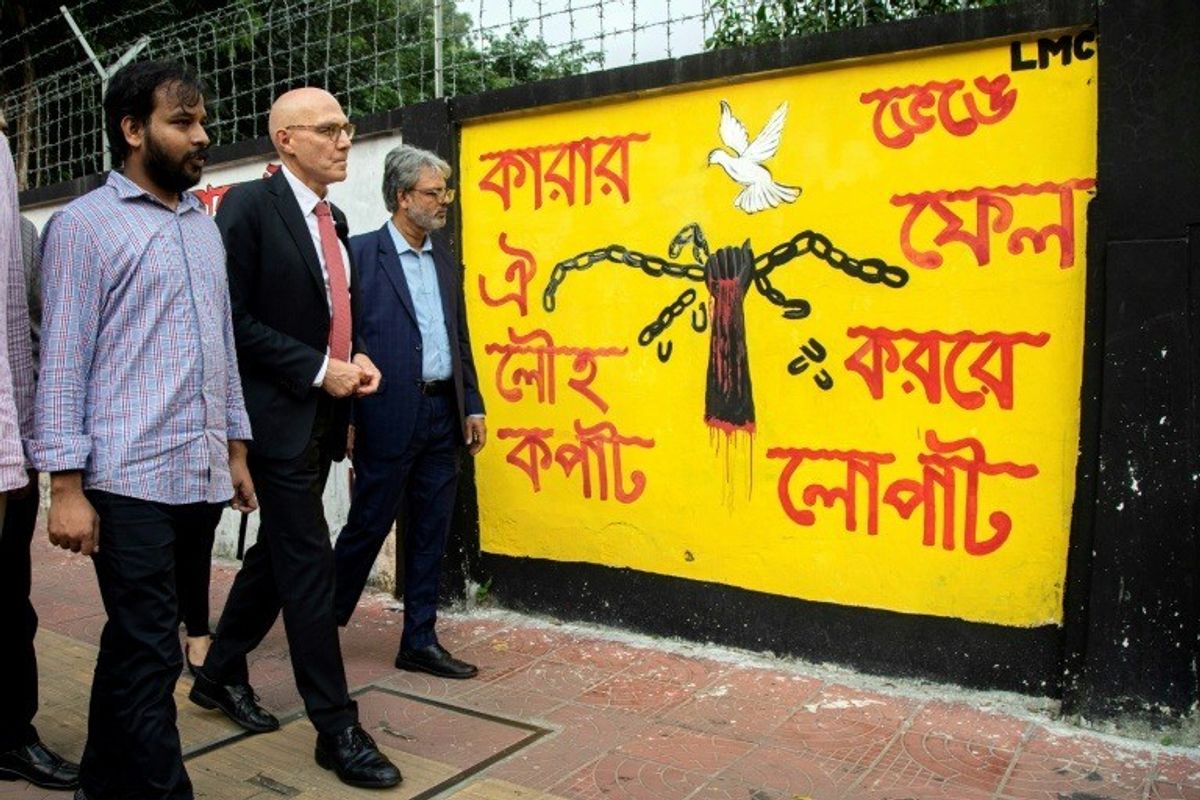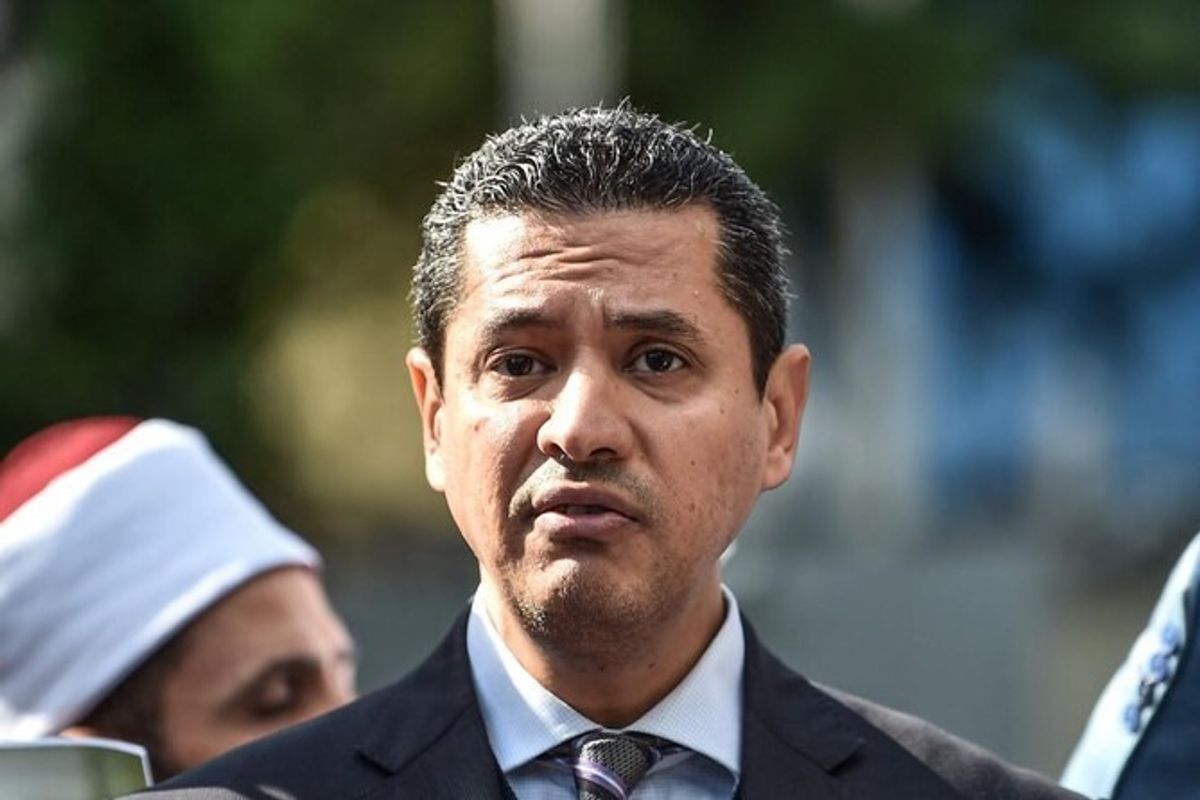Bangladesh court needs reforms before ex-PM trial: UN rights chief
Ousted premier Sheikh Hasina and allies face lawsuits for alleged human rights abuses after student-led revolution

A Bangladeshi tribunal tasked with investigating ousted premier Sheikh Hasina and her allies for crimes against humanity needs fundamental reforms to ensure fair trials, UN rights chief Volker Turk said Wednesday.
Hasina was ousted in August after a student-led revolution brought a curtain on her 15-year autocratic tenure.
Dozens of her loyalists have since been detained and some are being probed by the country's International Crimes Tribunal (ICT) over a deadly crackdown on the protests that led to her toppling.
"If you look at the ICT, both in how the law was constructed and how the tribunal was set up, there are compliance issues with international rights standards," Turk told reporters in Dhaka.
"These issues must be addressed to ensure fair trials and due process. Reform is crucial."
The ICT was established while Hasina was in office, ostensibly to prosecute crimes committed during Bangladesh's 1971 independence war.
But it became widely seen as a means for Hasina to eliminate political opponents, and the UN criticised numerous shortcomings in its decision to sentence several Islamist political leaders to death last decade.
The ICT has issued arrest warrants against ousted Prime Minister Sheikh Hasina and nearly four dozen others tied to her regime.
Hasina herself remains in neighbouring India, her biggest foreign benefactor while in office, where she fled on the day of her ouster.
More than 700 people were killed, many in a brutal police crackdown, in the weeks leading up to her departure.
Turk was concluding a two-day visit to Bangladesh, during which he met with members of the interim government led by Nobel laureate Muhammad Yunus.
He said that Bangladesh now had a chance to entrench meaningful reforms and repair institutions that had been degraded by years of autocratic rule.
"There are real opportunities, and certainly high expectations, for fundamental change for the better," Turk said.
"This time, there must be justice. Reforms must be sustainable and durable to prevent the abusive practices of previous decades from recurring."
Hasina's rule saw widespread human rights abuses, including the mass detention and extrajudicial killings of her political opponents.
But Turk warned that "cycles of revenge and retribution" had to end, welcoming initial reforms proposed by Yunus' administration aimed at "easing decades of intense political division".
"To restore social cohesion and trust in institutions... it will be crucial to rebuild the civic space that was progressively strangled in recent years," he added.
Popular
Spotlight
More from World
Lebanon arrests late Muslim Brotherhood leader's son wanted by Egypt
Qaradawi was detained on Saturday as he arrived from Syria at the Masnaa border crossing













Comments
See what people are discussing